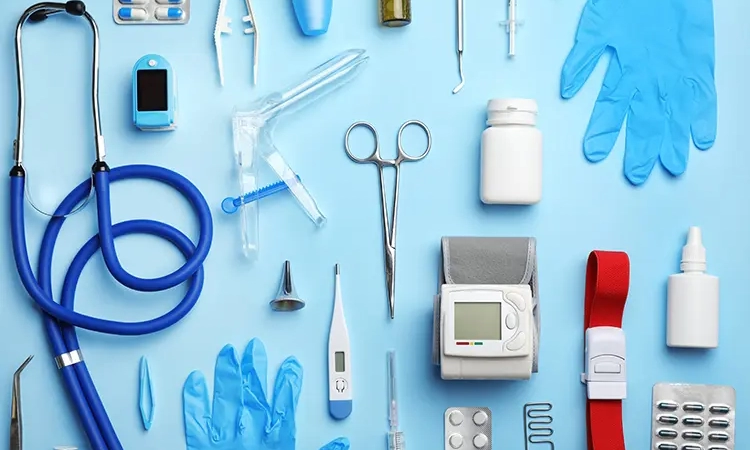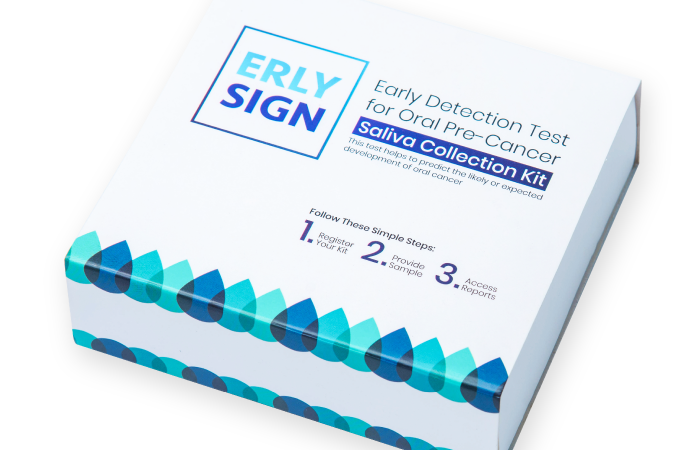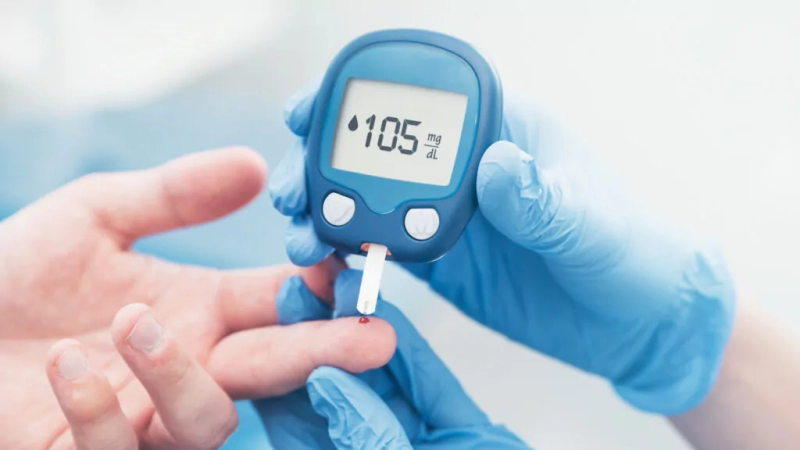From the use of embryonic stem cells, the Chinese scientists says that they have discovered the functioning sperm, that has been injected into the female mice eggs and resulted normal, fertile offspring. While the experts warned that the process needs more experiments before truing it on humans, the research may be a milestone some day to treat the male infertility. “If the research results to be safe enough to imply on humans, this platform could potentially come up with the fully functional sperm for artificial insemination or invitro fertilization methods,” told by the co-senior study author of Nanjing Medical University. “As the available treatments do not have much results on many couples. To know more about stem cell research – Stem Cell Research in India
The team of the Institute of Zoology at the Chinese Academy of Sciences have published a peer reviewed journal cell stem cell. The Researchers experimented the stems cells taken from the mouse embryos and used it to create an immature sperm like cells, or spermatids. To prepare this the researchers had to expose the mouse embryonic stem cells to the chemical cocktail, that had coaxed the cells into changing to primordial germ cells. later they had to expose the germ cells which is like a precursor cells that can change into other type of cells, to testicular cells and sex harmones like testosterone. This way helped the germ cell to transform into the sperm-like cells with appropriate nuclear DNA and chromosomal content”. Later these sperm cells were injected into the mouse egg cells, creating embryos that have been implanted into female mice. The females were able to produce babies that can mate and give birth to the next generation. To learn the approval and regulation of stem – Seamless Approval and Simplified Regulations for Stem Cell
Other researchers state that what works biologically in mice may not be applicable to humans. “This research is potentially interesting but needs independent verification,” says Azim Surani, director of germline and epigenomics research at the University of Cambridge. “It also remains to be seen if this protocol could work with human stem cells because of the known differences between the mouse and human germline.”
Other News
India Medical Device Pricing Strategy: Ensuring Growth & Affordability
India’s National Pharmaceutical Pricing Authority (NPPA) is developing a specialized India medical device pricing strategy for medical devices, transitioning away from the conventional drug-centric framework. This innovative strategy will incorporate international pricing tactics tailored to […]
Read MoreImports of High-Value Medical Equipment
High-Value Medical Equipment The Central Drugs Standard Control Organization (CDSCO) and the Central Board of Indirect Taxes & Customs have released a new circular, “F.No.401/40/2021-Cus.III,” detailing updated policies on the import of used high-end medical […]
Read MoreSEC Committee: Pioneering Medical Approvals
New important article released by Central Drugs Standard Control Organization (CDSCO) titled “SEC – Special Expert Committee, Medical Devices”. Key highlights include the streamlined processes for CDSCO application evaluations, preparation and significance of briefing materials, […]
Read MoreErlySign Oral Cancer Detection Technology Gets CDSCO Nod
ErlySign, a Nagpur-based biotech startup, has received approval from the Central Drugs Standard Control Organization (CDSCO) to conduct large-scale clinical trials for its novel oral cancer detection technology. The approval for ErlySign follows a rigorous […]
Read MoreAdditional Steps Announced by FDA to Modernize Clinical Trials
The U.S. Food and Drug Administration has made draft guidance available with updated recommendations for good clinical practices (GCPs), which are intended to modernize the clinical trial design and conduct while maintaining data integrity and […]
Read MoreAccreditation and Registration Numbers for Foreign Manufacturers Publication by PMDA
This article deals In accordance with the Pharmaceuticals and Medical Devices Act (PMD Act) of Japan, foreign businesses that wish to produce pharmaceuticals, quackery products, active pharmaceutical ingredients (APIs), or medical devices abroad and import […]
Read MoreBSI New Certification to Mitigate Antimicrobial Resistance Risk in Antibiotic Manufacturing
BSI, the business improvement and standards company, has developed a new certification to mitigate the risk of antimicrobial resistance (AMR) in antibiotic manufacturing. The certification, called the Minimized Risk of Antimicrobial Resistance (AMR) certification, will […]
Read MoreTUV SUD Inspects IVD Medical Devices’ Cyber Security
The growing digital connectivity of medical infrastructure is resulting in complicated systems with a plethora of diverse interfaces that are potentially vulnerable to assault. The IVD requires producers to provide proof of cyber security before […]
Read More


